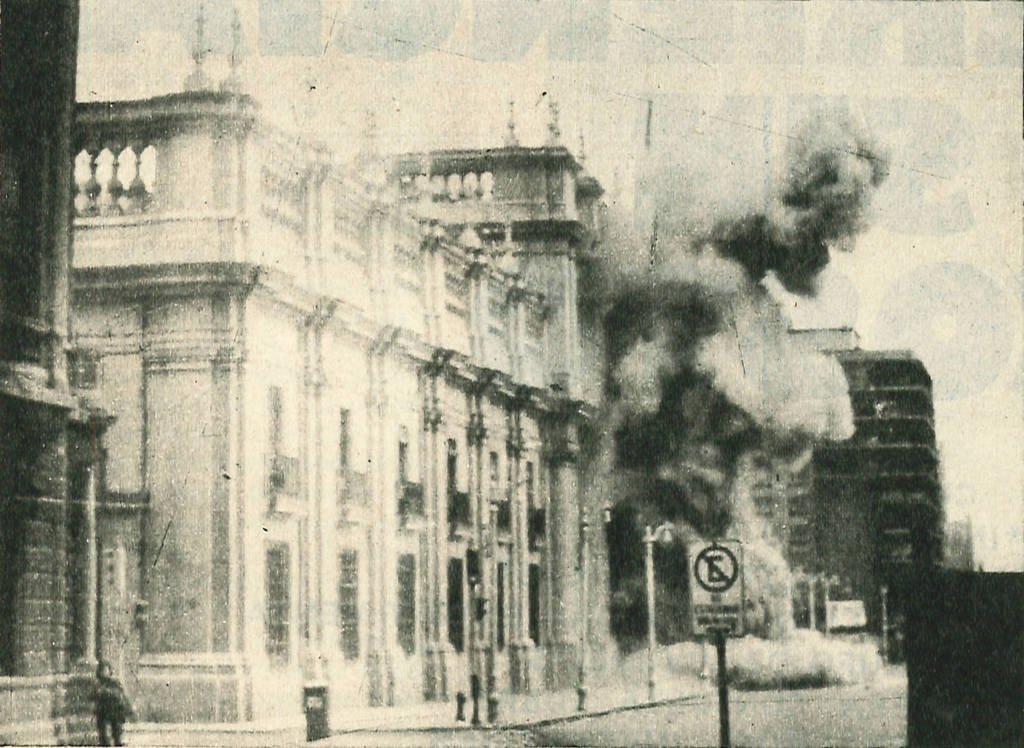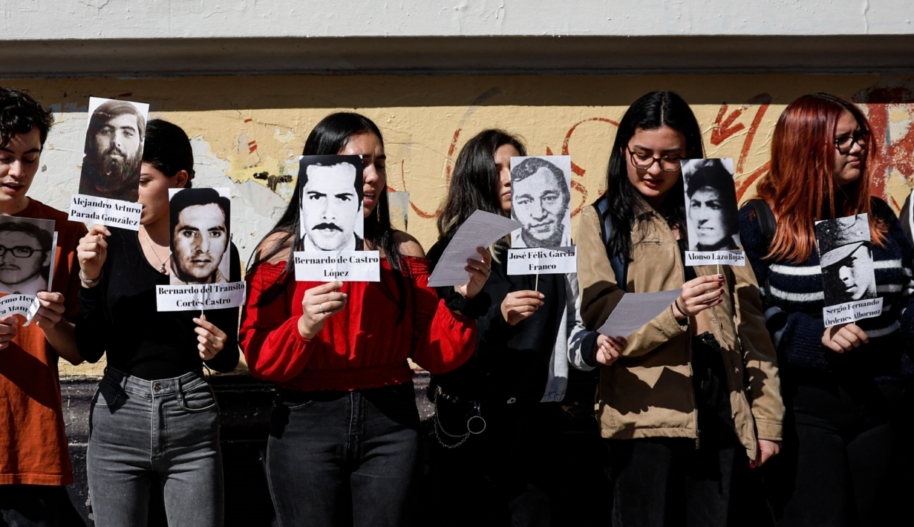If Chile is to heal the wounds inflicted by Augusto Pinochet’s military regime, it must learn from its history and rebuild the foundations of a society that is more respectful of human dignity, Amnesty International said as it commemorated 50 years since the coup d’état that resulted in countless crimes under international law and cruel human rights violations in the country.
- Related: Chile’s of new constitution is just one step of a constitutional process that must continue
- Take action: Justice for victim of torture at risk in Chile
During the Pinochet regime, constitutional guarantees were suspended, Congress was dissolved and a state of emergency was declared throughout the country. Inflicting torture and making people disappear, among other practices, became state policy. According to official figures, the regime left a toll of 40,175 victims, including torture, executions, detentions and disappearances, and the records of the Transitional Justice Observatory suggest that there has been no justice, truth or reparation in over 70% of cases of executions or disappearances.
National Search Plan must involve disappearance victims’ families
Between 1973 and 1990, 3,216 persons were killed or suffered enforced disappearance. To date, there are an estimated 1,469 bodies of detained and executed persons that have yet to be found. It is essential that the National Search Plan announced by President Gabriel Boric enables the circumstances of the disappearances and fates of these people to be clarified. This programme must be carried out in full coordination with families, be adequately resourced for effective implementation and result in criminal investigations into all those suspected of individual responsibility.
‘The search for detainees that disappeared is not simply a question of justice but also one of humanity.’
Rodrigo Bustos, Executive Director, Amnesty International Chile
“The search for detainees that disappeared is not simply a question of justice but also one of humanity. Finding their whereabouts, identifying them and returning their bodies will not only bring relief to their families but also help to heal the deep wound evident in Chilean society. To achieve this, it’s imperative that those who have persistently withheld information about the events present it at long last. This and other measures recently announced by the government are essential for the National Search Plan to be able to do its job,” said Rodrigo Bustos, executive director of Amnesty International Chile.
Chile’s Congress must be ready and willing to move in the direction of justice and support the initiatives proposed by the government. Amnesty International believes that eliminating the secret nature of laws passed during the Pinochet regime and lifting the confidentiality of testimonies of torture victims in the Valech Commission will put Chile on the path to becoming a country that addresses its human rights debts.
Protecting sites commemorating Chile coup, victims of Pinochet regime
Historical memory is fundamental to preventing such devastating events from happening again. Fifty years on from the coup, Chile still does not have a law to protect memorial sites or a national memory archive. It is crucial that the authorities make good on their plans to create an archive, that clear guidelines are provided for its operation, and that civil society is encouraged to participate. The requirements for a network of memorial sites must also be urgently addressed, ensuring the protection and preservation of sites of human rights violations. In this context, the government’s recent announcement of a National Memory and Heritage Policy is welcome, and it is essential that Congress supports this initiative.

“Memorial sites must be respected, cared for and dignified so they can fulfil their educational function. Their presence will stand as a reminder to future generations that they must never forget the atrocities that were committed there and ensure they grow up with the conviction that these practices never be repeated,” said Rodrigo Bustos.
Today, after decades of victims’, families’ and human rights groups’ constant efforts to seek justice, some public figures and state authorities are irresponsibly spreading hate speech. These actions are truly dangerous because they minimize the suffering of victims, deny the right to truth, misinform, weaken institutions, and encourage impunity and a repetition of history.
“We cannot allow hate speech and a loss of memory to propagate in our society. Keeping memory alive is crucial if we are to prevent future generations from experiencing the atrocities we had to live through in the past. A firm rejection of human rights violations and an unwavering commitment to the advancement of truth, justice, reparation and guarantees of non-repetition would be a powerful signal that we, as a country, deserve to live,” concluded Rodrigo Bustos.
(Header photo: © MARTIN BERNETTI/AFP via Getty Images)













